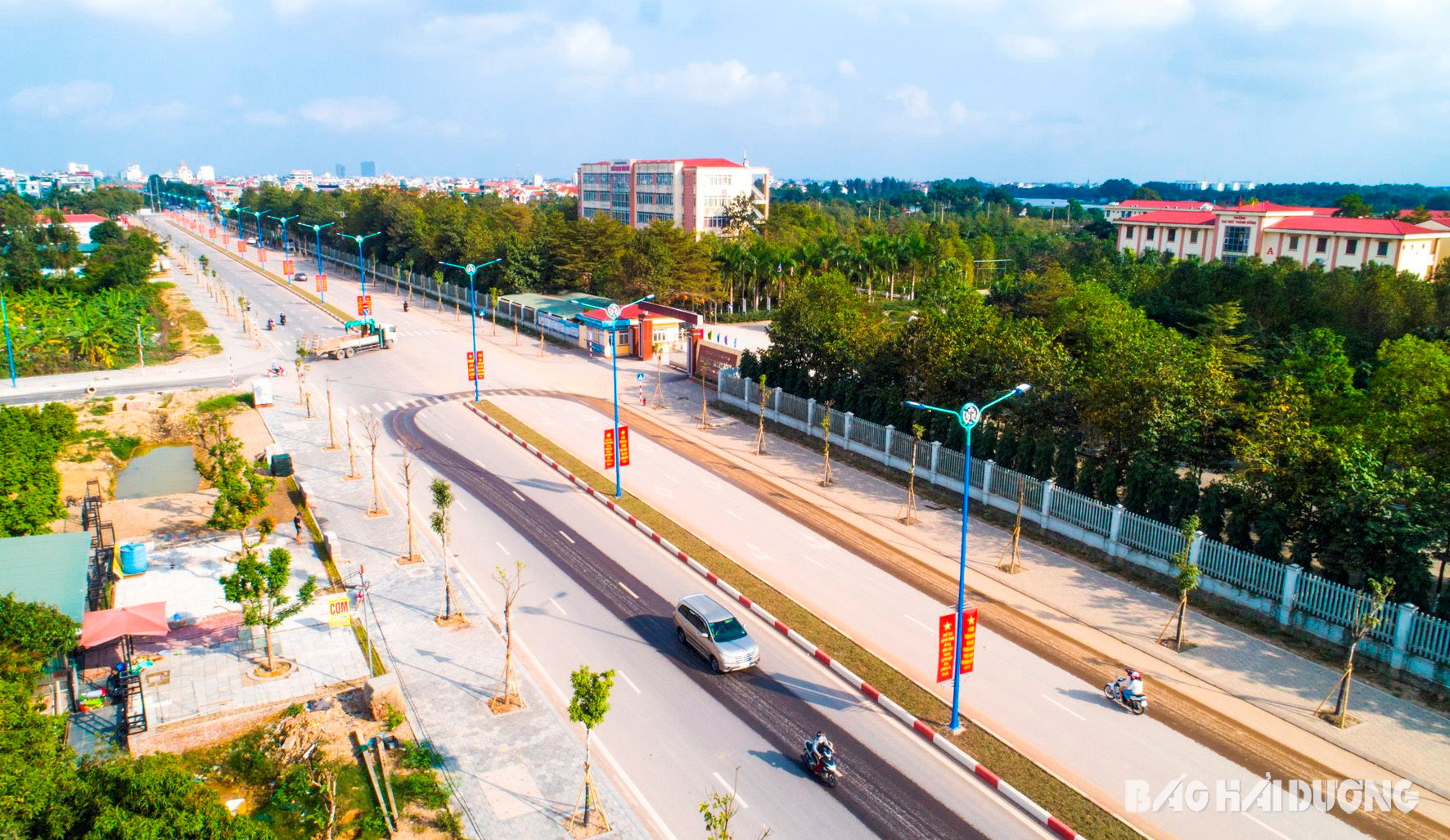
I was born, grew up, went to school and then worked right in Hai Duong town. After retirement, I followed my children to live in Thai Nguyen city. For more than fifteen years, due to health reasons, I have not returned to my hometown. But there is an invisible thread that always ties me to Hang Cot street, Nga Sau, General Department Store and Hong Quang High School (old). Those are the places that have been with me since birth and throughout my school days.
Living far away from home, I only know a little about the changes in my city through radio and newspapers and phone calls with friends and relatives.
But the older I get, the more I want to return to my birthplace, to rest in peace in my homeland. Luckily, I was able to keep the old house that my great-grandfather left behind, even though when I left, several people asked to buy it. At that time, I really needed money, but because of the sacred love and affection for the house that my ancestors left behind, I decided to keep it as a place to return to. I don't know what urged me, but I kept thinking that sooner or later I would return and that my children and grandchildren would have to keep it to worship their ancestors.
Seeing my parents anxious to return to their hometown, my eldest son indulged them, renovated the house, and then took my wife and I back to our old place. The first night in the newly renovated old house, still smelling of paint and incense, I couldn't sleep. My heart was filled with joy because after more than six thousand nights away, tonight I could finally sleep again in the very place where I was born.
On the way back, when I was still in Cam Giang, I saw a sign saying: “Hai Duong City welcomes you”. I secretly thought that I was not a guest but a son who had been away for a long time and was now returning. It turned out that the city had now expanded here. At rush hour, workers from Dai An Industrial Park were streaming in all directions. Companies and factories were located close together on both sides of Highway 5. Rows of houses and rows of green trees enhanced the modernity of the city.
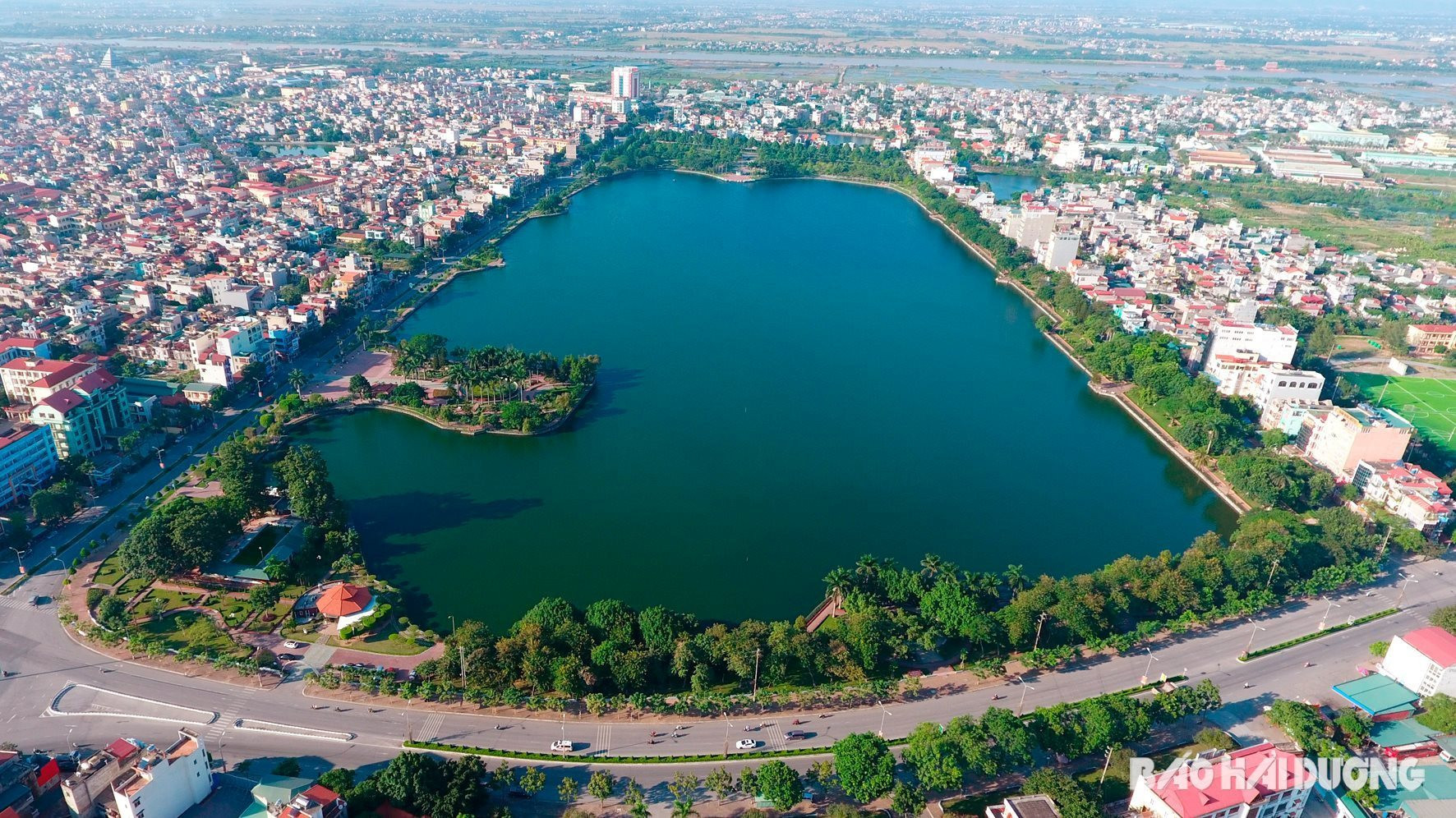
Suddenly, the image of Hai Duong town from my youth came back one by one. In 1954, when the French army withdrew through Hai Phong to return home, the town was still very poor, the people were still very miserable. There were very few high-rise buildings, concentrated on Tran Hung Dao street. Hoa Binh cinema had several large speakers on the top floor, 4 times a day, the siren sounded to announce working hours and breaks, the whole town could hear clearly. The whole town had only one bottle factory near Cau Cat, when peace was restored (1954), it was converted into the Ta Ngan Primary Pedagogical School. It was not until 1956 - 1957 that there was a porcelain factory built with the help of China. The town was still small and narrow, if you cycled it would only take about an hour. To the northeast, on the other side of Phu Luong bridge, was Nam Sach, Thanh Ha. Ngoc Chau commune, adjacent to the town, also belonged to Nam Sach. To the west, on the other side of Mat market, was Cam Giang land. To the southeast, at the roundabout (commonly known as the picket mine) is Gia Loc, Tu Ky. The Sat River in the rainy season floods and overflows into the town. People make a "creek" out of reinforced concrete to block the water. On moonlit nights, many couples and nearby townspeople come out to enjoy the cool breeze. The streets are small and narrow. Only Quang Trung Street has two rows of banyan trees, the other streets have few or no trees...
The next morning, my father and I, my best friend from Hong Quang High School in 1957-1960, drove a small car to take me around the city. The car drove slowly through each street, each new residential area, each school, restaurant, hotel, and supermarket. I shed tears because it felt both familiar and strange in my hometown.
I remember the days when I was a university student in Wuhan (China), walking on your streets, the majestic, towering buildings along the Yangtze River, we looked up until our hats fell off and wished for our city. Now my city is not inferior to other modern cities, no wonder I am happy, I love it.
It is admirable and grateful to our ancestors for choosing this land. The city is located almost in the center of the province and also close to the capital Hanoi. Few cities have a large river flowing peacefully through the city like this. The Sat River, which caused flooding in the rainy season in the first half of the last century, now flows gently and gently, refreshing the boundary between the southeast and the city center. Bach Dang Lake is the lung that helps regulate the air to make the city fresher. Phu Luong Bridge, the train whistles day and night, make the city more lively. These are lovely features that not every city has.
For the next few days, I cycled around the streets and visited friends every day. I looked for my friends' houses, trying to remember their house numbers and street names, but I couldn't find them. Everything had changed. Too much.
The city is now green, clean, beautiful, with a large area, dense population, spacious architecture, convenient transportation, although overall it is still modest. I wish there were more trees, more diverse species of trees, flowering trees, more spacious schools, more playgrounds for children and a more beautiful rebuilt train station.
I am glad that I was able to return to live in my hometown, still have the clarity of mind to enjoy the beauty, the new things and still remember and love many of my old towns.
Source


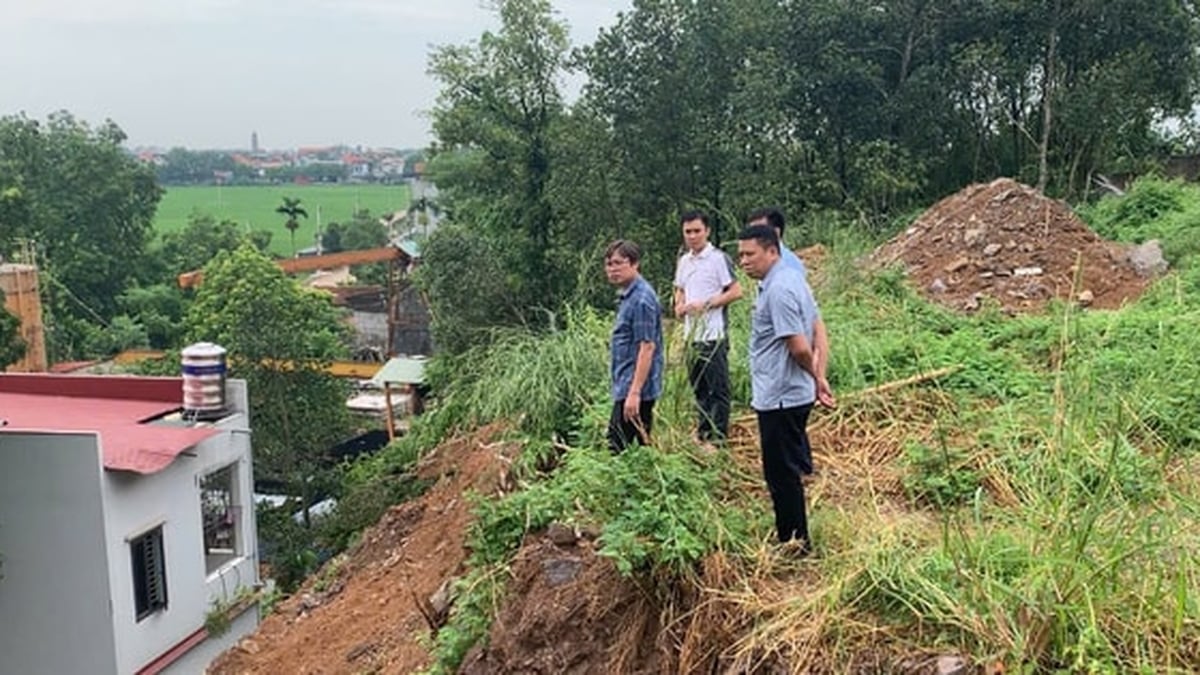

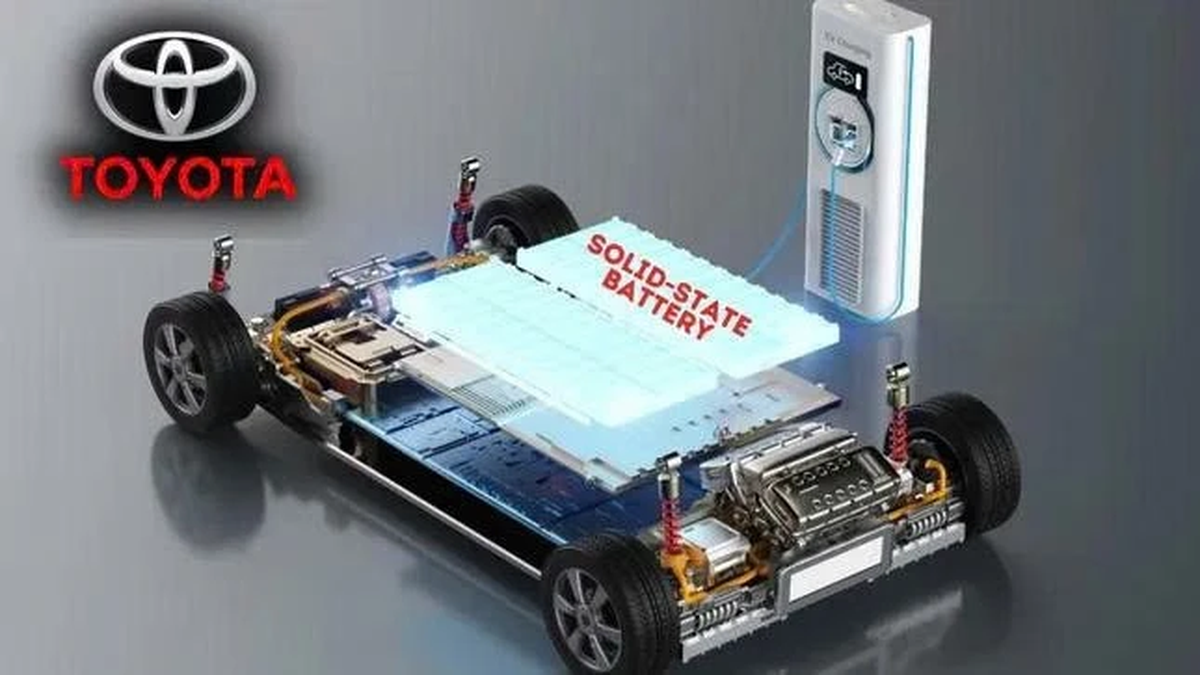
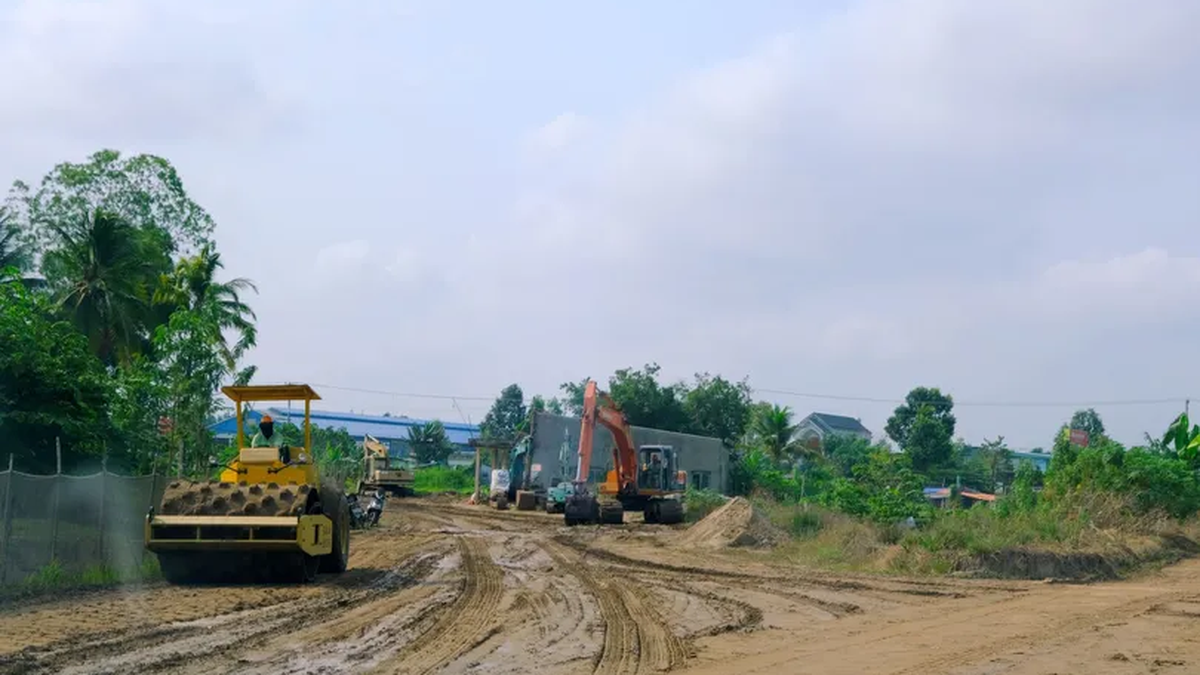

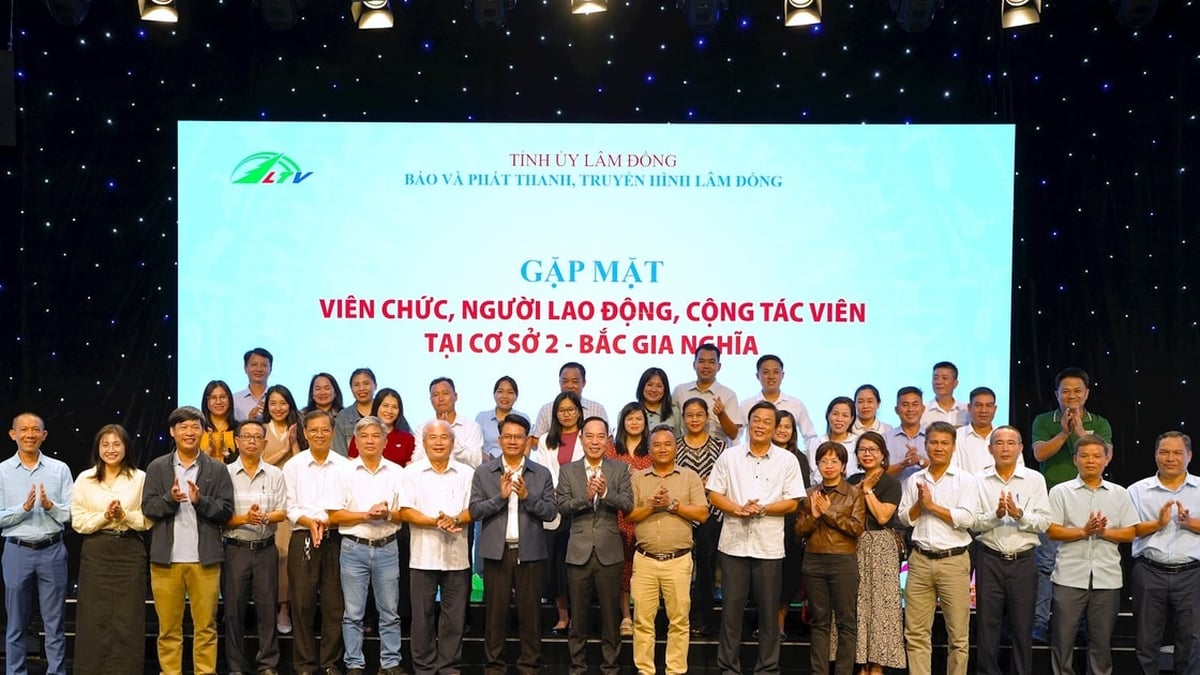
















![[Photo] National Assembly Chairman Tran Thanh Man visits Vietnamese Heroic Mother Ta Thi Tran](https://vphoto.vietnam.vn/thumb/1200x675/vietnam/resource/IMAGE/2025/7/20/765c0bd057dd44ad83ab89fe0255b783)








































































Comment (0)